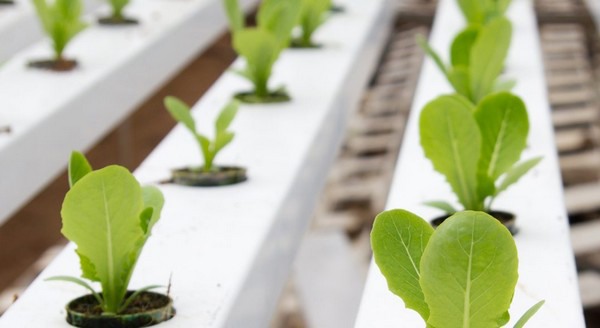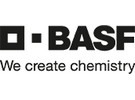BASF strengthens its activities in research and development (R&D) for sustainable agricultural innovations, helping farmers to overcome environmental and economic challenges as well as meeting consumers’ demand for more sustainably produced food. With solutions launching throughout the next decade, the pipeline supports the company’s aim to annually increase its sales share of agricultural solutions with substantial contribution to sustainability by 7%. By 2030, more than 30 major R&D projects will complement BASF’s connected offer of seeds and seed treatment products, chemical and biological solutions, as well as digital services. This brings the pipeline to an estimated peak sales potential of more than €7.5 billion. In 2020, BASF spent €840 million in R&D in the Agricultural Solutions segment; representing around 11% of the segment’s sales. In 2021, the company will continue to invest in R&D of agricultural innovations at a high level.

BASF has committed to ambitious sustainability targets for its agriculture business by 2030: Besides increasing the annual sales share of sustainable agricultural solutions, farmers will be supported in reducing their CO2 emissions by 30% per ton of crop produced. Further, the company strives to apply digital technologies on more than 400 million hectares of farmland cumulatively by 2030, while continuing to ensure the safe use of its products.
Connected offer for environmentally friendly farming
By 2050, farmers will have to feed an estimated 9.7 billion people, requiring an increase in productivity of 50%. Digitalization has the potential to make an important contribution to this. The company is therefore advancing its digital technologies together with other innovations across its whole portfolio. This combination allows farmers to achieve better yield on existing arable land, while supporting biodiversity preservation.
In November 2020, BASF and Bosch signed a joint venture agreement to globally market and sell smart farming solutions from a single source in the future. Through the joint venture, which is subject to the approval of the relevant antitrust authorities, the companies plan to launch the Smart Spraying solution this year. The new technology recognizes weeds and allows a precise application of herbicides, which maximizes productive land-use and reduces the environmental impact by lowering the volume of herbicides applied. In addition, the new outcome-based business model xarvio Healthy Fields provides farmers a tailored, optimized field- and season-specific crop protection strategy, enabling them to achieve agreed yield forecasts. This way, the company answers modern farming challenges, requirements by society and political action plans, contributing to more sustainable farming.
Meeting growing demand for sustainably produced food
To continuously steer the product portfolio towards even more sustainable solutions, BASF applies the Sustainable Solution Steering method, which is unique in the industry and third-party audited, in the early stages of research and development. “The R&D approach to agricultural solutions has fundamentally changed in the past two decades. We are successfully driving sustainable innovations by focusing equally on the future needs of farmers, society, and the environment,” said Peter Eckes, President Bioscience Research at BASF.
Axalion active ingredient developed by BASF, pending regulatory approval, is the company’s latest insecticide innovation in this context. With its novel mode of action, it helps farmers safeguard their yield without negatively impacting soil and water organisms or birds. When applied according to the respective label instructions, Axalion based products will not impact beneficial insects. The new compound is also an essential tool in preventing insecticide resistance. Other examples from the company’s portfolio include recently launched, regionally tailored products based on Inscalis for North and South America and Asia as well as first registrations globally of Broflanilide in South America and Asia.
New seed varieties from BASF aim to help farmers produce enough healthy and affordable food in an environmentally friendly way. For example, the company’s latest spinach seeds varieties are resistant to downy mildew, one of the most destructive fungal diseases. They prevent complete crop loss, cover all growing seasons and have a significant market share in fresh organic spinach. These features offer added value for growers, processors, retailers and consumers. BASF also invests in research on indoor growing systems, such as growing lettuce in hydroponic systems. These require less land, save water compared to traditional open-field cultivation and reduce the need for conventional crop protection. The indoor technology allows lettuce to be grown regardless of geographic location, so it can be produced closer to the consumer. This avoids long transport distances and reduces the associated emissions.

 BASF
BASF